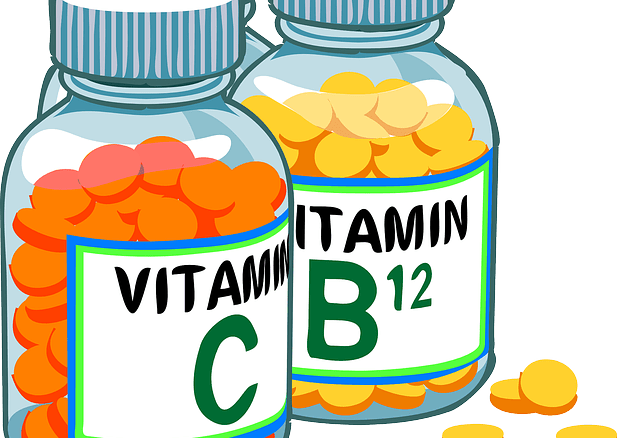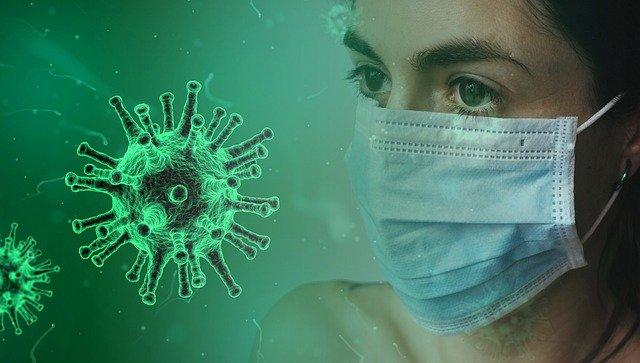
Contents
Are Supplements the Cure for Coronavirus?:
The Coronavirus pandemic has given our generation the first real glimpse of what a world without vaccines would look like. What’s frightening about the virus is not its fatality rate, but the rate at which it spreads.
It’s hardly any wonder then that so many people are turning to the natural world for the cure. In this post, we’ll discuss whether or not supplements will help with COVID-19.
Are Supplements Effective Against the Virus?

There’s not enough research to answer that question definitively yet. So, let’s examine what we do know.
With over 1.3 million cases and over 80,000 deaths on the 9th of May, America leads in terms of both the infection rate and the number of deaths. Why is this important?
75% of adults in America took supplements in 2018. More scientific study into the matter is needed, but it seems that supplements don’t offer the level of protection that some might think.
Read Also
- What to do if You Fall Under The “High-Risk” of Contracting Coronavirus?
- Recommendations on coronavirus for people with asthma
- Recommendations to avoid infection by the coronavirus
Supplements Aren’t Whole Nutrition
What we should remember is that supplements replicate one or two compounds within our food. Achieving balanced nutrition is not quite as simple as replacing nutrients that you don’t eat. In nature, our foods are a highly complex mixture of several synergistic compounds. We simply don’t know enough about this interaction at this stage to replicate Mother Nature’s results fully.
When you factor in the different quality levels of supplements and the bioavailability of the compounds that manufacturers use to make them, supplements don’t look as good. Supplementation may enhance a healthy diet, but it can’t replace it.
Getting the Balance Wrong May Do More Harm than Good
We see supplements as healthy, so we’re not always careful about the doses that we take. We might take a vitamin C supplement in addition to a multi-vitamin supplement, for example. You might think that you can’t get too much of a good thing. You’d be wrong.
Taking in too much of a fat-soluble vitamin, like Vitamin A, for example, can prove deadly. The body stores any excesses of this type of vitamin in the fatty tissues of the body. Over time, this builds up to toxic levels and can be fatal.
Overdosing on water-soluble vitamins, like Vitamin B and C, for example, is generally considered harmless. What your body doesn’t use, it excretes. Taking over 2,000mg of Vitamin C can increase your risk of developing kidney stones. There’s also research that points to Vitamin C supplements being harmful in the body. According to these studies, you’re better off drinking the juice of a freshly squeezed lemon every day.
There are also interactions between different vitamins and minerals. Taking iron and Vitamin C together, for example, reduces the body’s ability to absorb both optimally.
Don’t Supplement Boost Immunity?
In some respects, supplements may boost immunity. This is, however, typically in cases where the person was already deficient. A lot also depends on the quality of the supplement and what fillers the company uses.
Adding extra chemicals to your body is never the best approach for the immune system. By adding too many synthetic vitamins and minerals, you’re giving your body extra work. If those supplements aren’t easily used by your body, you’re adding an extra load for small benefits. Generally speaking, synthetic vitamins and minerals are best left for those with deficiencies.
What Should We Do Instead?
It’s something of a radical concept in our fast-paced world, but the answer is to simplify. We need to improve our reliance on wholesome food. So, instead of drinking a glass of orange juice, consider eating oranges in as natural a state as possible.
Fresh, preferably organically grown, food is your best source of vitamins and minerals. Whole foods contain all the synergistic compounds that our bodies need to be healthy. A good rule of thumb is to choose your foods based on the ingredients they contain. Avoid foods that:
- Are highly processed
- Contain ingredients that you can’t pronounce
- Have a list of five or more ingredients
If possible, try to grow your fruit and vegetables. A small patch about the size of a door will give you enough vegetables to feed a family of four. If you don’t have a garden, consider growing lettuce and herbs in a sunny spot on your windowsill.
What Else Can We Do?
Stress can sap the body of vital nutrients. At this time, it’s easy for your stress levels to get out of control. Remaining active and taking time out to relax makes it easier for your body to cope with the effects of stress.
Final Notes
Supplements may play a small role in assisting people with nutrient deficiencies. Generally speaking, however, we don’t recommend relying on supplementation alone. Eating a wide range of natural foods is the best way to stay healthy.
In other words, unfortunately, your mom was right – you must eat your veggies.




